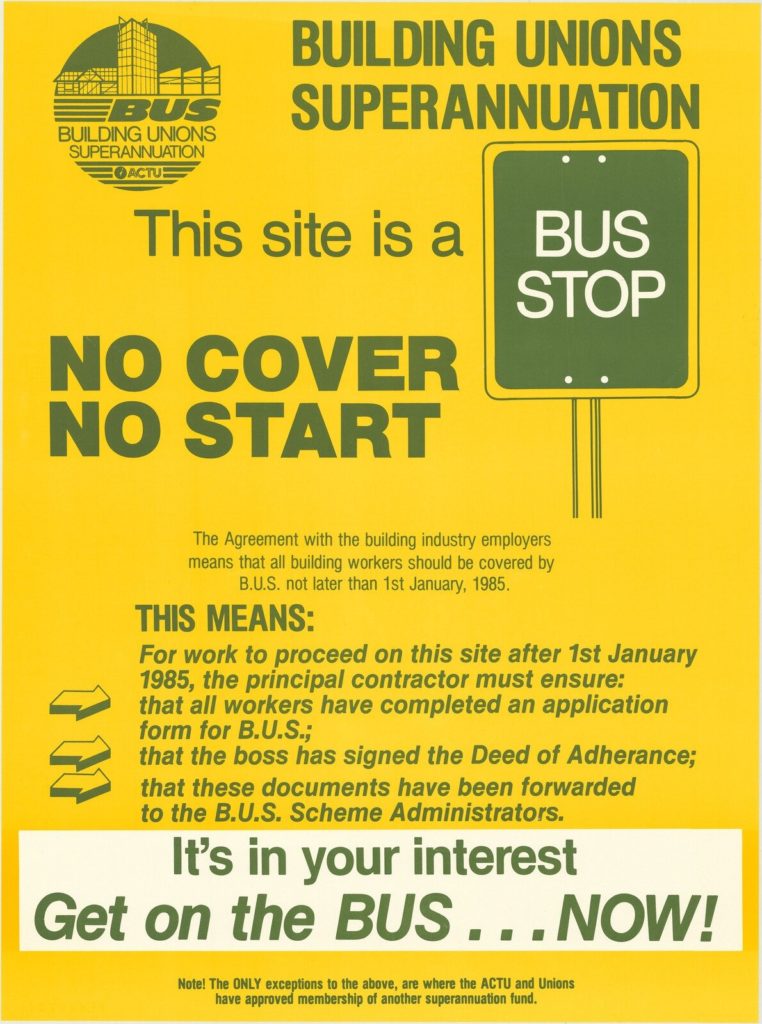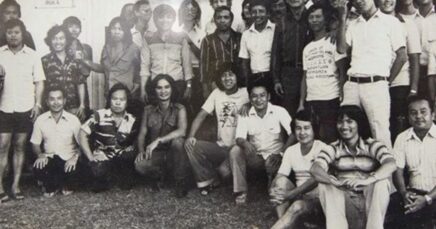Why are unions so insistent on defending superannuation – and why are some right-wing politicians so desperate to undermine it?
Superannuation means something really important to unions.

Throughout our history unions have always insisted that working people are more than the work we do – we are people, and we have a right to decent and fulfilling lives outside of work.
This includes the right to a retirement which is supported and dignified. This is what the superannuation system is intended to do.
The system isn’t perfect – far from it. And unions have a lot of suggested changes to make it better. But at its core, superannuation means that workers can retire with security and dignity.
So unions have a long history of campaigning for superannuation.
There were union campaigns for retirement schemes as far back as the 1920s.
In the 1930s, the Miners’s Federation took action, including a six-week strike in NSW in 1938, to win an industry pension.

Superannuation began to emerge as a major industrial issue from the 1960s.
Early pioneers included the Waterside Workers’ Federation, which sponsored a fund for Stevedores in 1967.
In the 1970s, unions such as the Pulp and Paper Workers Union, the Storemen and Packers, and the Meatworkers’ Union sought to establish pension funds and campaigned to sign up employers.

Facing fierce resistance each of these unions took industrial action, with the meat workers even locked out in the course of the struggle.
In 1984, the Building Workers Industrial Union was the first to win award-based super for its members, founding the Building Union Superannuation Scheme.

This victory reflected the hard work and campaigning of many in the union, like the legendary union leader Tom McDonald.
The close relationship between the ACTU and the Hawke Government, represented by the collaboration between ACTU Secretary Bill Kelty and Federal Treasurer Paul Keating, saw universal superannuation take increasing prominence.

In 1986, the Arbitration Commission endorsed the claim that 3% super could be included in awards, but refused to arbitrate, so that agreements would need to be negotiated between employers and unions.
This was not yet universal super, as the Commission preserved the right of employers to decide whether they negotiated on the issue.
The movement towards universal super culminated in the 1992 Superannuation Guarantee Legislation. This raised the contribution rate to 9% over the next decade and provided government backing for the awards-based system.

Ever since, unions have campaigned to protect and better the superannuation system.
Superannuation means a retirement that is decent, dignified, and supported.
The system has a long way to go until it works effectively for all workers.
But you can bet that unions will never stop advocating and campaigning to protect the system and to make it fairer.




